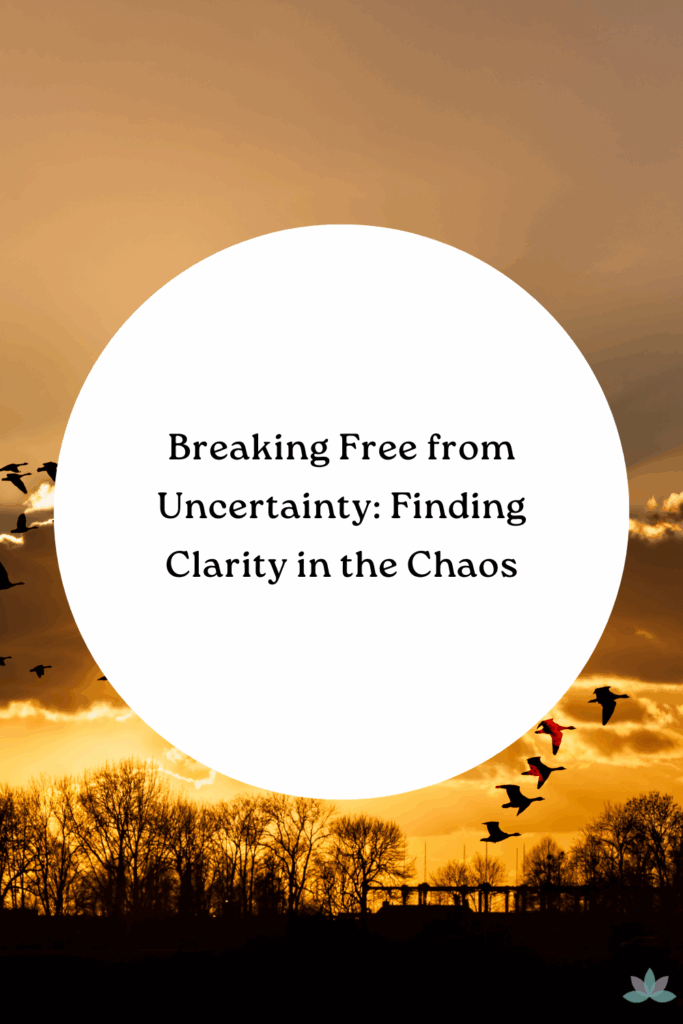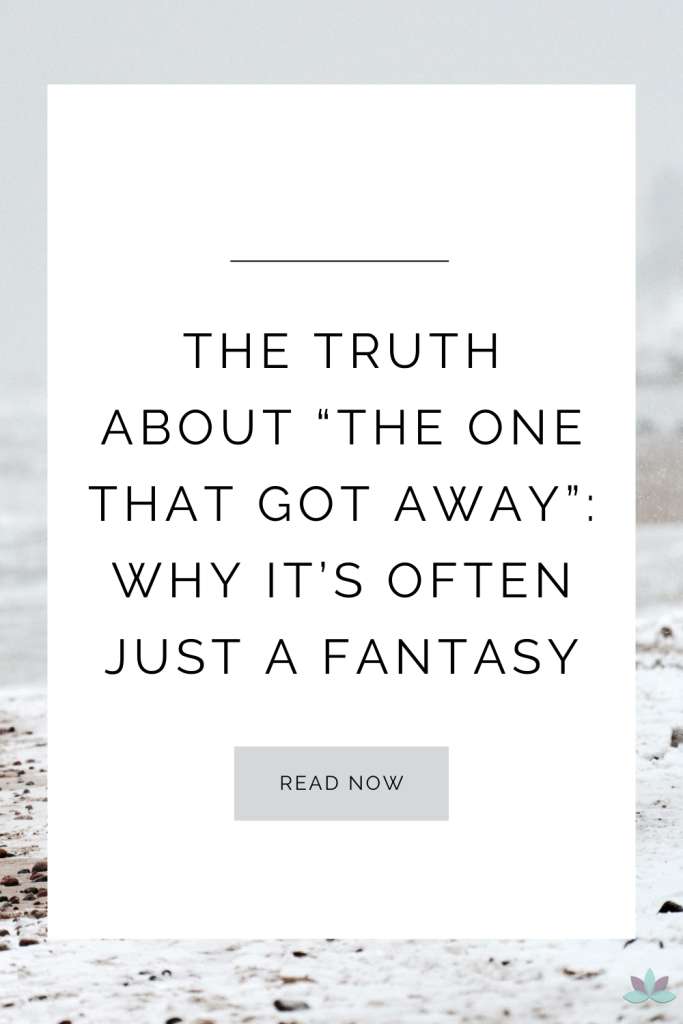
Uncertainty is part of being human, but that doesn’t make it any less heavy. Maybe you’re unsure about a relationship, stuck in a career decision, worried about your health, or simply overwhelmed by how unpredictable the world feels right now. That constant state of not knowing can feel exhausting and paralyzing.
If that’s where you are, I want you to know this first. You’re not doing anything wrong. Uncertainty is hard. And at the same time, it doesn’t have to run your life.
Why Uncertainty Feels So Overwhelming
Our minds are wired to look for patterns and predict what comes next. It is a survival instinct. When we do not know what is coming, our brains often try to protect us by imagining worst case scenarios. That is where anxiety, overthinking, and the urge to control everything tend to show up.
The problem is that life does not offer guarantees. The goal is not to eliminate uncertainty, because that simply is not possible. The goal is to learn how to live with it in a way that feels steadier and less consuming.
Learning to Sit With the Not Knowing
One of the most surprising ways to soften uncertainty is to stop fighting it. Avoiding it or pushing it away often makes it louder. Gently acknowledging it can actually reduce its grip.
You might start by naming it. Saying something like, “I don’t know what’s going to happen here.” That is not giving up. It is being honest. Naming uncertainty is an act of courage, and it creates space for clarity and self trust to grow.
Think of uncertainty like water. When you fight against it, you get tired faster. When you allow yourself to float, you conserve energy and find moments of calm.
Creating Anchors When Life Feels Unsteady
When the future feels unclear, grounding yourself in what is familiar can be incredibly regulating. Anchors give you something solid to return to.
This might look like simple routines that bring comfort, such as a morning walk, journaling, or winding down at the same time each night. It might mean reconnecting with your values and reminding yourself what matters to you even when answers are unclear. It can also mean leaning on people you trust, whether that is friends, family, or a therapist.
Anchors do not fix uncertainty, but they help you feel less alone while you move through it.
Shifting How You See Uncertainty
Uncertainty often feels like a problem that needs to be solved. But sometimes it is an invitation to grow in ways you did not expect.
This season might be teaching you patience, resilience, or how to trust yourself without having all the answers. It might be showing you that you are capable of taking the next step even when the full path is not visible yet.
Life is rarely about having everything figured out. More often, it is about learning how to move forward while holding a little bit of uncertainty in your hands.
Building Emotional Resilience Over Time
You do not break free from uncertainty by eliminating it. You build resilience so it does not control you.
Practices like mindfulness, slow breathing, and self compassion help you stay grounded in the present moment. They remind you that even when things feel out of control, you are still here, still capable, and still doing your best.
Uncertainty is something we all experience. It is uncomfortable, yes. But it is also a sign that you are growing and moving through change. You do not need to have all the answers right now. You just need a place to stand while you wait for clarity to arrive.
And that is something you can learn to build, one step at a time.
Hi, I’m Shereece, a therapist who believes you don’t need to have everything figured out to start feeling better. I support young adults, adults, teens, and families through life transitions, anxiety, trauma, and those moments when everything just feels like too much.
If you’re feeling overwhelmed, stuck, or ready for something to shift, therapy can be a place to breathe, reflect, and begin again. I’d be honored to walk that path with you.




